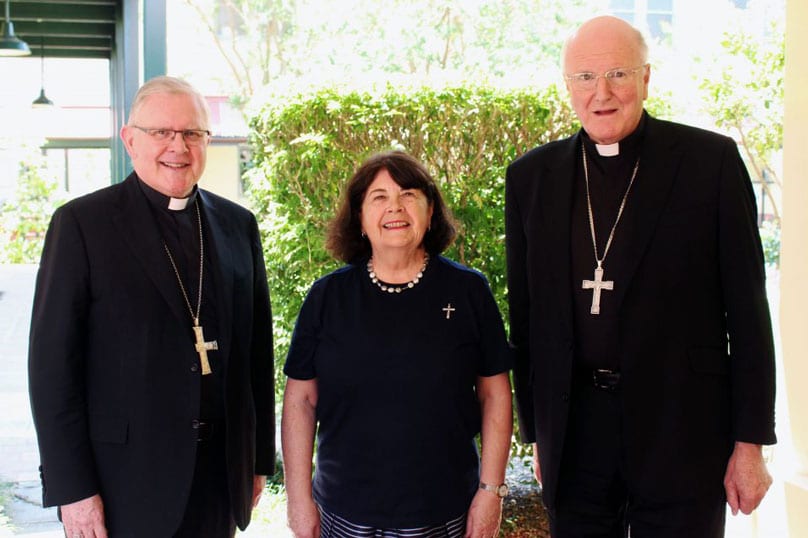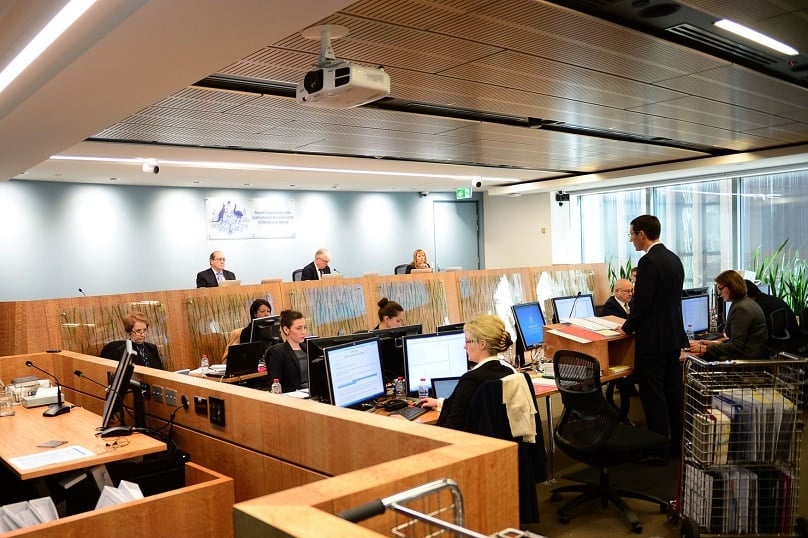
I’m not sure how many of you remember the film, Liar Liar, starring Jim Carrey. Carrey plays a lawyer whose young son’s birthday wish was that his father would not be able to lie for a whole day. The wish was granted, and Carrey finds himself in a very difficult – and comedic – situation because he has a court case to argue and is unable to say anything that is untrue.
It’s a great movie but its premise is completely wrong; lawyers must always tell the truth in court. Always. It’s part of the code of ethics that lawyers must swear to uphold when being admitted to practice law. Despite the countless lawyer jokes that treat ‘lawyer’ and ‘liar’ as synonymous, lawyers have a duty to not mislead or misrepresent.
While this duty only applies in court and certain other ‘official’ dealings, full and frank honesty should be characteristic of the legal profession.
That’s why I found it quite disappointing that certain members of the legal profession, including respected, specialist lawyers who advocate for survivors of child sexual abuse, and other survivor advocates, were so quick to criticise and even condemn last week’s announcement from the Australian Catholic Bishops Conference announced that the Catholic Church in Australia would join the national redress scheme for survivors of child sexual abuse.
While I wouldn’t describe the announcement as a ‘good news’ story by any means (there’s nothing really to trumpet about the Church responding to this awful reality through a scheme recommended by the Royal Commission and advocated for by many survivors and survivor groups), it was still good for the Church to be able to confirm a commitment it had made in principle long ago.
Since as early as 2013, the Catholic Church had supported the idea of an independent, national redress scheme, but was unable to formally commit until the Commonwealth, the states and the territories had also signed on and committed to passing the legislation necessary to establish the scheme. So while it may not have been a ‘good news’ story, the announcement was still a positive step because it indicated that significant progress had been made, and prompted further commitments by other faith denominations.

But as sure as night follows day, last week’s announcement was followed by criticism and condemnation of the Church for ‘once again’ avoiding its responsibility to survivors.
The criticisms fell into three main categories, and I want to address each of them briefly.
First, the Church was criticised for supporting the scheme at all, with critics saying that the Church only joined the scheme because it believes it will be a ‘cheaper’ option than having survivors sue for damages in court. While it is true that payments from court proceedings can often be much higher than the $150,000 cap under the redress scheme, obtaining them also requires a higher level of proof than is required under the scheme. Moreover, the scheme does not replace civil litigation; it merely provides an additional option of redress for survivors, who remain free to sue in court if they so choose. They can’t however do both; seek redress and also sue. The Church’s commitment to the redress scheme adds more choice for survivors.
Related to this, the Church was also criticised for joining the scheme before state governments introduced legislation that would overcome the so-called ‘Ellis defence’ by requiring dioceses and religious orders to provide an entity to sue in civil claims, with the suggestion made that the Church was again fearful of the liability this might create. This criticism is also unfair, because for years, the Church has made a policy of identifying an entity for claimants to sue, and ensuring that entity is backed with sufficient assets to pay out the claims. This policy was confirmed publicly by our own Archbishop more than three years ago.
Finally, the Church was also criticised for supporting a $150,000 cap on financial payments made to survivors, which is less than the $200,000 recommended by the Royal Commission. In some respects, this criticism is fair enough; while no amount of money will come close to accounting for these horrible crimes, a higher figure is always going to be a closer attempt. In truth, if the Commonwealth government had agreed to the $200,000 recommendation, the Church would have stood ready to meet this obligation too. But the government didn’t, because – however distasteful it sounds – the government needs to take into consideration the affordability of the scheme. To do otherwise could lead to unfairness for some survivors.
One example of potential injustice is seen in a previous redress scheme set up in Tasmania for those who had been abused in state care. An initial cap of $60,000 ended up being reduced to $35,000 in later years because funds began to run out. A lower cap is not necessarily a matter of protecting assets, but recognising that unjust results for survivors could occur if the national redress scheme begins as uncapped or capped at a higher amount and then changes during the 10-year period for which it is due to run.
Those who criticise the Church in relation to redress are obviously free to do so. Heaven knows our previous attempts, and even our current ones, often fall short of meeting the needs of survivors and bringing them to healing. But those criticisms should be based on facts, not just for fair treatment of the Church, but because it does survivors no favours if – even when significant progress on redress is made, as happened this week – they are told by those supposed to be their ‘advocates’ that once again they should be disappointed.
